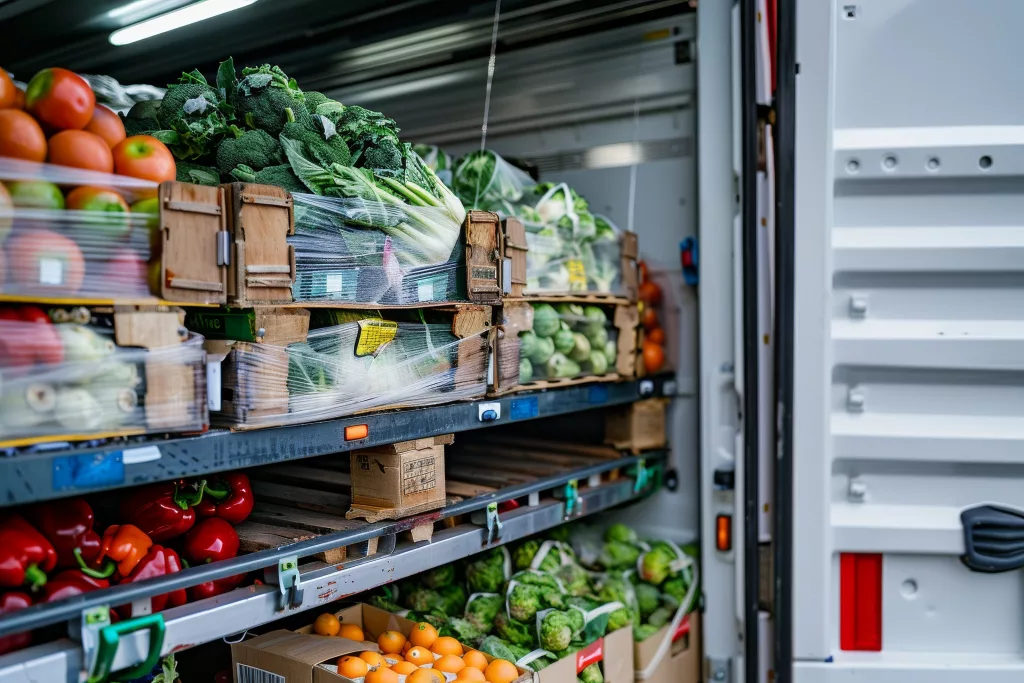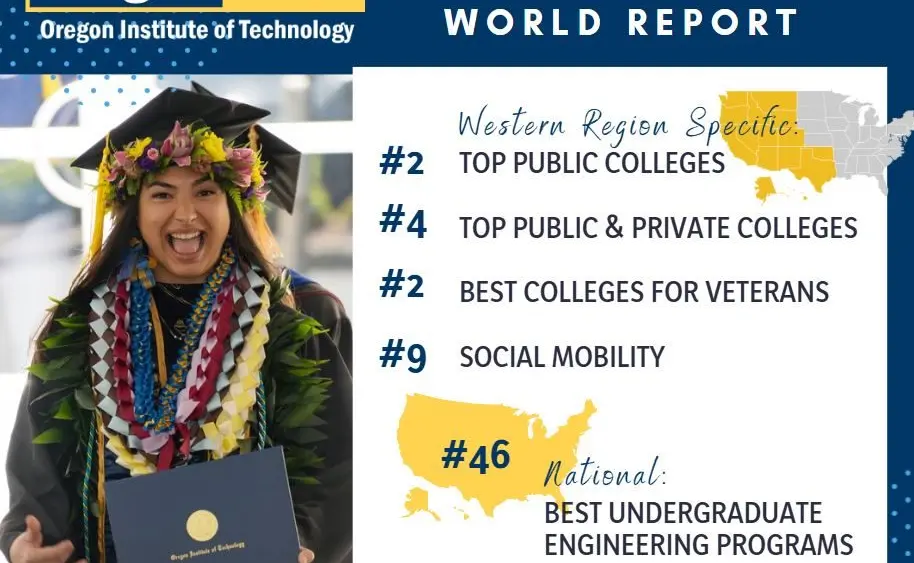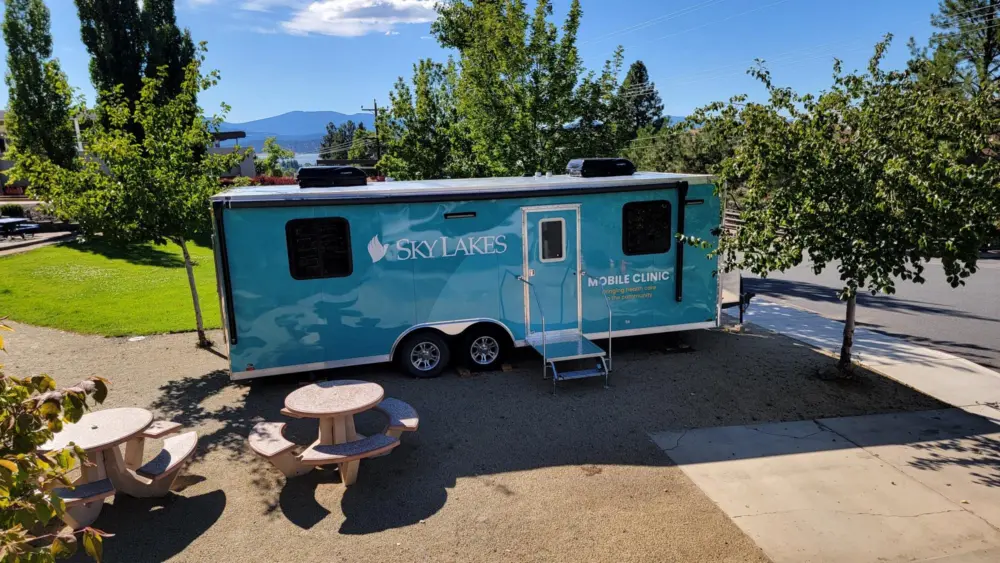Oregon News Service
Groups fighting hunger in Oregon are urging residents to speak up if they are concerned about the cuts Congress could make to food, health care and housing assistance programs.
Congress is considering proposals to reduce SNAP benefits and free school meals for students, along with cuts to health care and rental assistance programs. About one in six Oregonians receives SNAP benefits and about a quarter use Medicaid.
Alejandro Queral, executive director of the Oregon Center for Public Policy, said the proposals are not really about cutting waste and fraud, as the Trump administration contended. Instead, Queral argued they are about tax cuts.
“Extending those tax cuts from 2017 to the very rich will add to the deficit and will have a direct impact on people’s lives,” Queral asserted.
Research shows policies implemented during the pandemic, like the Child Tax Credit, led to a record drop in poverty across the country in 2021. When the policies were revoked, the nation saw a record increase in poverty the following year.
One proposal on the table would reduce SNAP benefits for more than 700,000 Oregonians by changing how the benefits are calculated. Another would end free school meals for 12 million children across the country, as well as the Summer Food Service Program.
Queral believes funding such programs is the responsibility of the federal government.
“What the Trump administration and Republicans in Congress are proposing is, in essence, playing a budget ‘trick’ by shifting those costs to the state,” Queral emphasized.
Congressional Republicans also aim to add more paperwork and work requirements to receive SNAP and Medicaid benefits. Queral noted creating more barriers often means fewer people get the services. He stressed it is essentially a way to indirectly cut popular programs many children and lower-income Oregonians depend on.
“Lack of nutrition early in life, lack of access to health care early in life, have repercussions for future generations,” Queral underscored. “We have to really think about the long-term consequences of the choices that we’re making today.”





